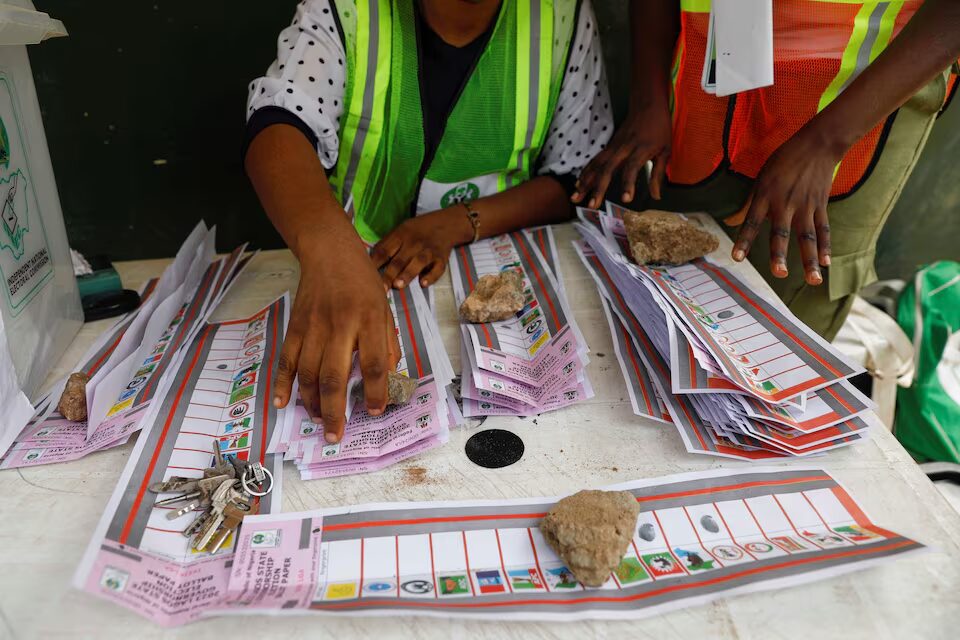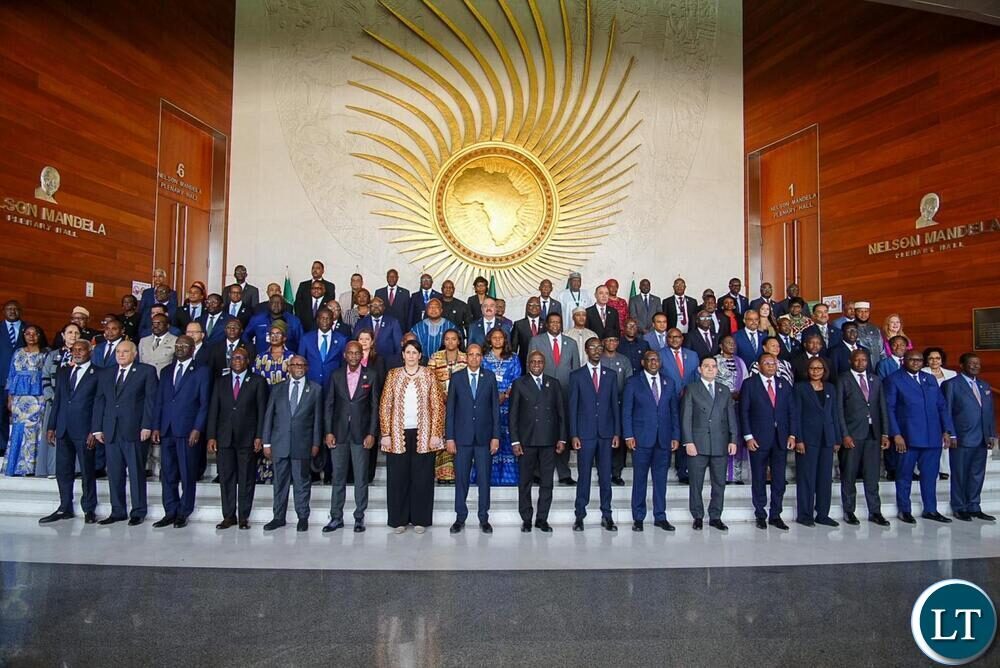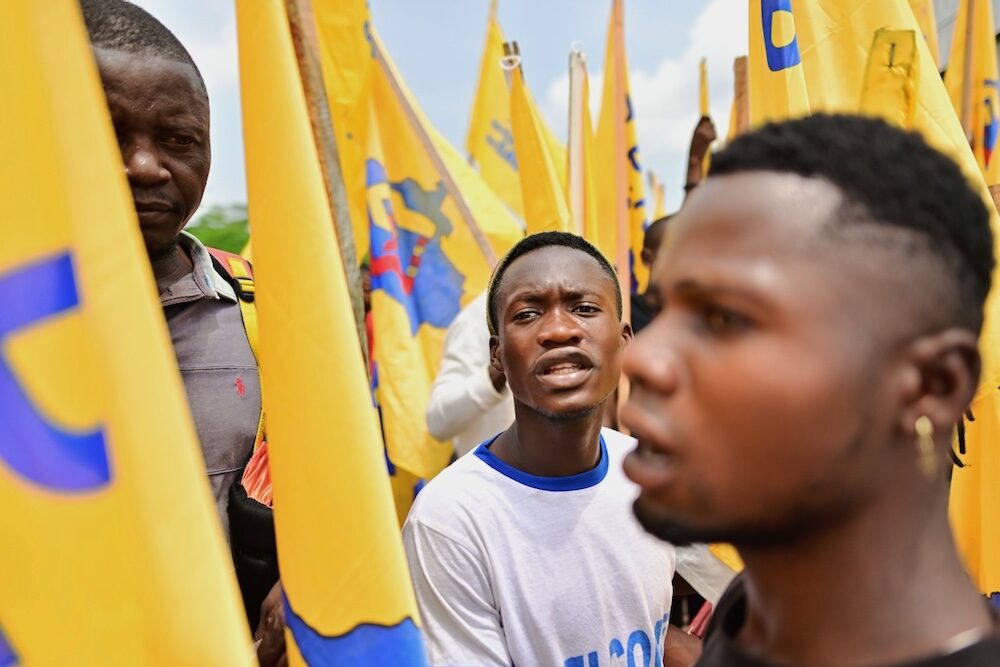
Sunday, 17th August 2025

Par inAfrika Reporter
Zanzibar’s electoral clock is now set. The islands will hold their general election on Wednesday, 29 October 2025, with early voting on 28 October for election officials, police on duty, and other designated staff. The timetable was released at the start of the week, closing speculation over dates and opening debate over rules that many opposition voices had hoped to change.
The flashpoint is early voting — retained intact despite repeated advocacy to remove it from the law. Opposition party ACT-Wazalendo and civil society groups have long argued that the two-step arrangement is vulnerable to manipulation, especially in a system where confidence hinges on impartial administration and the transparent handling of sensitive materials. Their push drew on proposals from a presidential task force (2022) that recommended stronger appointments processes for ZEC commissioners and other reforms designed to shore up transparency. Those recommendations, however, were not adopted ahead of this cycle.
Zanzibar’s election history shapes the stakes. The islands’ 2020 polls were shadowed by violence, deaths, and mass arrests, incidents documented by international rights monitors. Skeptics of early voting argue that any feature which extends the chain of custody or creates additional moments of asymmetry between observers and administrators should be tightly circumscribed, if not retired. ZEC’s decision, by contrast, reaffirms continuity — promising strong safeguards rather than structural change.
Why maintain the system? Election officials emphasize operational logic: staff who run polling day need to vote early to avoid conflicts of duty; consolidating their ballots the day prior ensures they can deploy without distraction. In theory, robust sealing procedures, logs, and oversight can mitigate risk. In practice, the perception of advantage or opacity can be as corrosive as any provable breach — particularly in an atmosphere where every procedural step is treated as a proxy for political intent.
For investors and partners tracking the Union’s political climate, the timetable offers clarity. Campaign calendars, logistics, and election security planning can now accelerate with hard dates. But clarity without consensus is fragile. The core question remains: will unchanged rules applied with improved practice be enough to rebuild confidence — or will the islands carry unresolved doubts into counting day?
What to watch next:
Zanzibar has chosen to keep its existing scaffolding and run a better race on it. The credibility of 29 October 2025 will hinge on execution: meticulous procedures, visible accountability, and an election night that tells a clean, convincing story of the people’s will.


